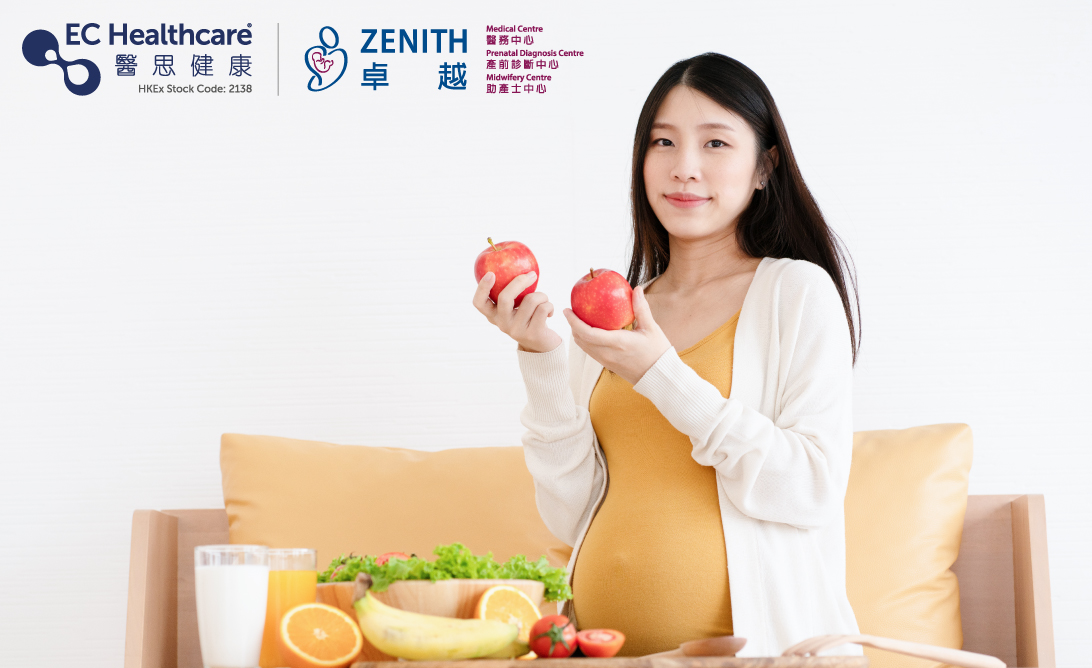Get Ready Mothers-to-Be! 30-Days Prenatal Nutrition Tips


At 40 weeks pregnant, expectant mothers are probably eager to meet their baby as they reach the countdown to the stage of labour. During pregnancy, expectant mothers have been actively replenishing nutrients for the benefit of the babies. As mothers-to-be approach the last stage of pregnancy, what nutrients do they need? Find out now!
30-Days Prenatal Nutrient Supplement Checklist
1. Vitamin B1 & B2
Towards the last stage of pregnancy, as the uterus expands, it compresses the intestines and slows down peristalsis. Pregnant women with large bellies are less likely to exercise and therefore more likely to suffer from constipation. They need to drink at least 2 litres of water every day and consume foods rich in vitamins B1 and B2, such as lean meat, animal livers, dairy products and vegetables. These foods can help improve stomach peristalsis and constipation.
2. Vitamin E
Pregnancy is a major event in life. The stress and nervousness of becoming a mother can be very unsettling in the late stage of pregnancy. Foods rich in vitamin E can stabilise the mood of pregnant women. Vitamin E is found in plant-based oil including corn oil, peanut oil, sesame oil, and vegetables.
3. Iron
From the third trimester (or the last stage of pregnancy) onwards, iron is stored in the foetus and will be retained within the mother's body until about 6 months after birth. Therefore, starting from the third trimester, it is recommended to receive about 30mg of iron every day, such as by consuming red meat, animal livers, dark green vegetables, black sesame, potatoes, etc.
4. Zinc
Zinc is a very important nutrient in pregnancy. Maternal zinc deficiency during pregnancy is linked with adverse pregnancy outcomes including foetal anomaly, and intrauterine growth restriction. The lack of zinc before labouring can result in postpartum haemorrhage, prolonged labour pain, and even premature birth. It is therefore recommended that expectant mothers should receive about 3mg of zinc every day. Foods such as oysters, beef, lamb, pork, chicken, spinach, peas, nuts, cocoa powder, mushrooms, wheat germ, etc., are recommended. Foods of animal origin are rich in zinc that can be readily absorbed, therefore are recommended for pregnant women.
5. Folic Acid
Folic acid is also an important nutrient for the development of the central nervous system of the foetus. It is therefore recommended that expectant mothers should receive about 200μg of folic acid every day in the last stage of pregnancy. Foods such as dark green vegetables, peas, animal livers, etc., are recommended.
6. Iodine
Iodine helps to prevent miscarriage and intrauterine growth restriction, which is very important for expectant mothers. It is therefore recommended that expectant mothers should receive about 200μg of iodine every day, either by consuming kombu and algae or by using iodised salt in cooking.
7. Polyunsaturated Fatty Acid (PUFA)
PUFA is an essential nutrient that cannot be synthesized by the human body, hence must be supplemented by food. It can promote embryonic brain and retinal neurons developments. PUFA can be found in foods such as walnuts, and DHA and EPA in fish oil, it is recommended that pregnant women should consume more of these foods.
Related Brands







